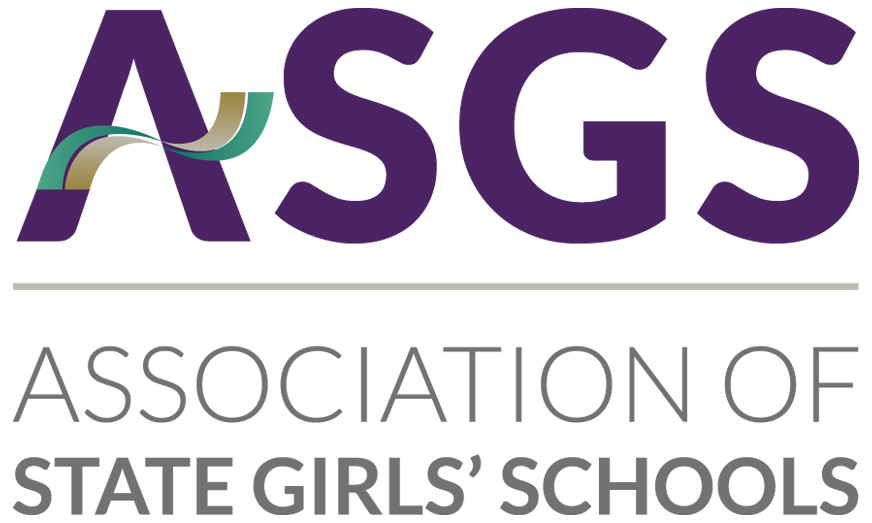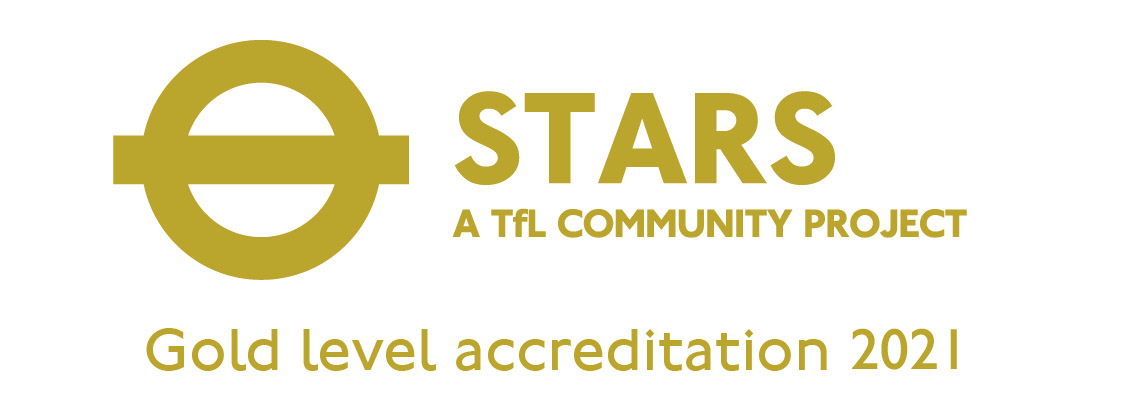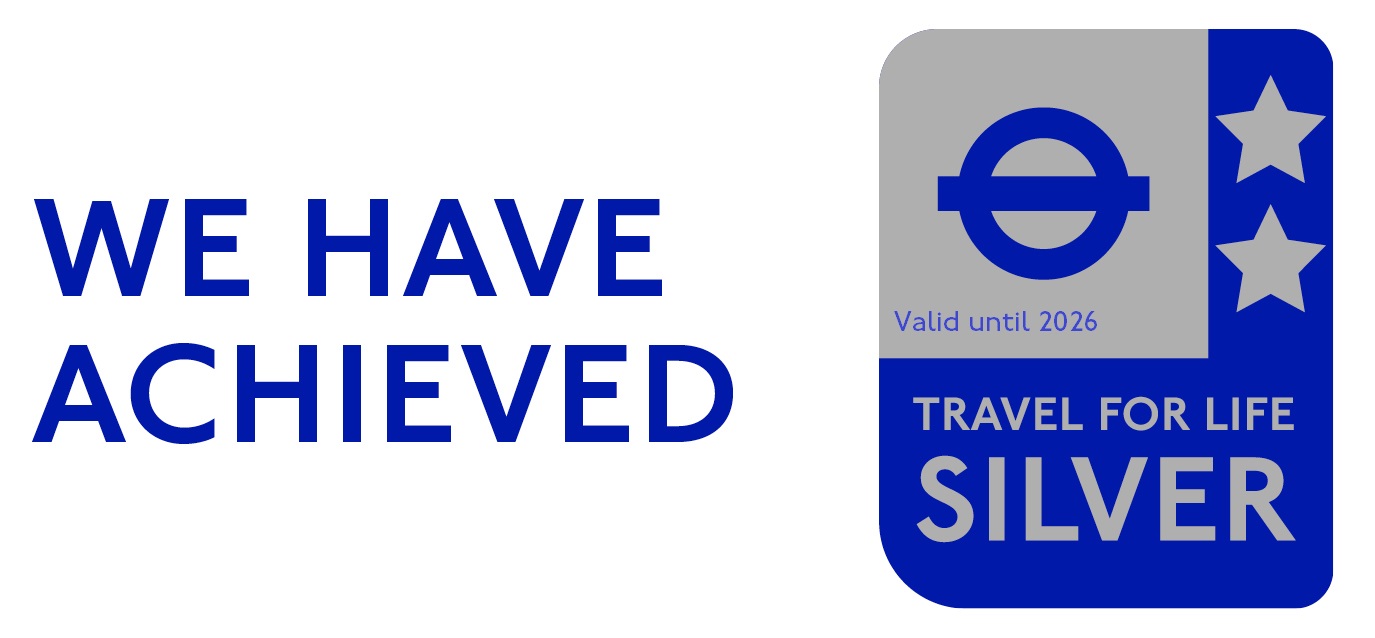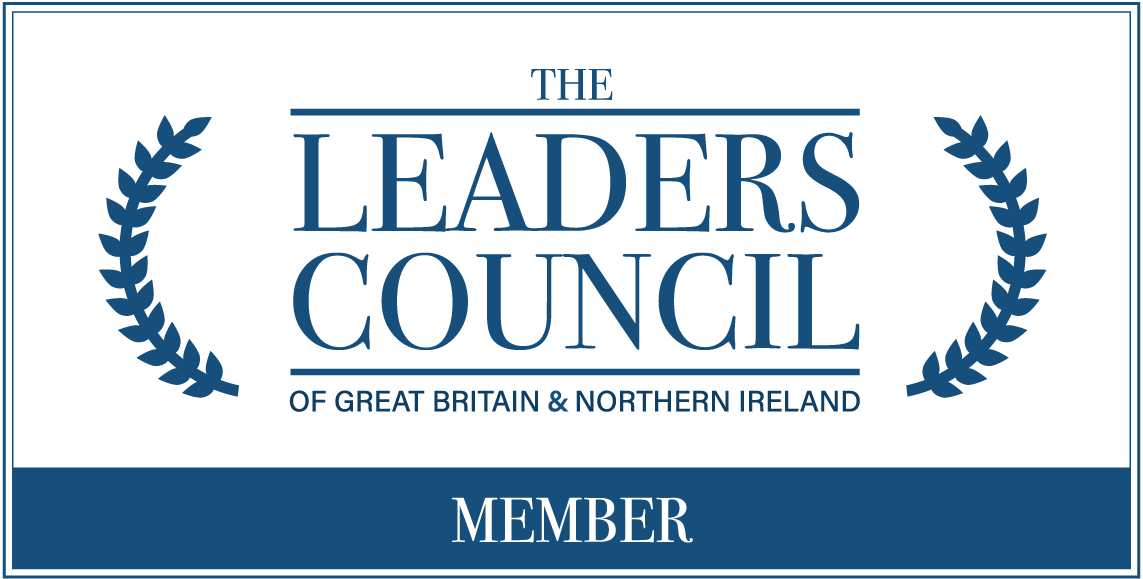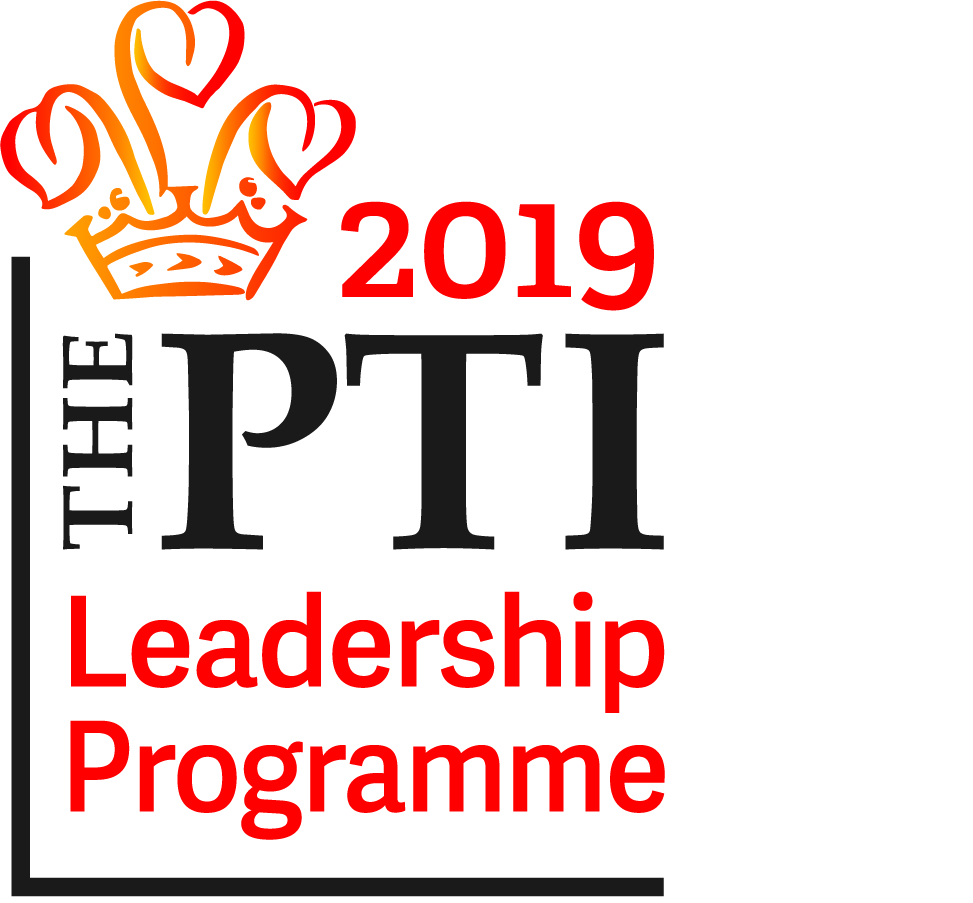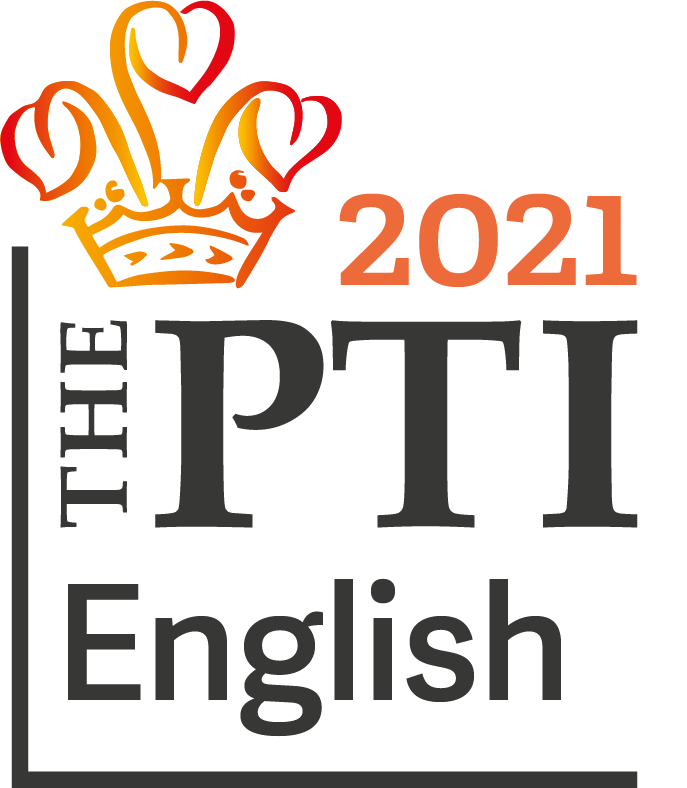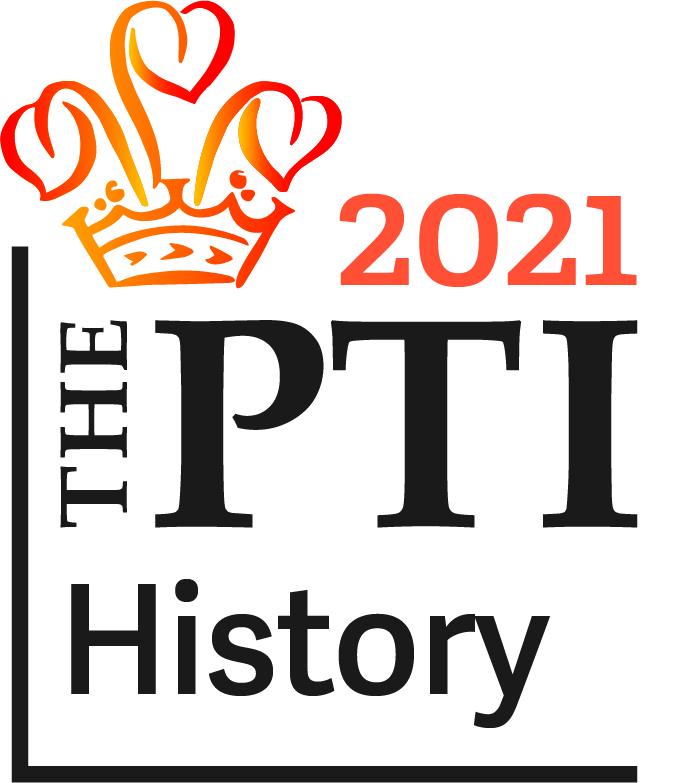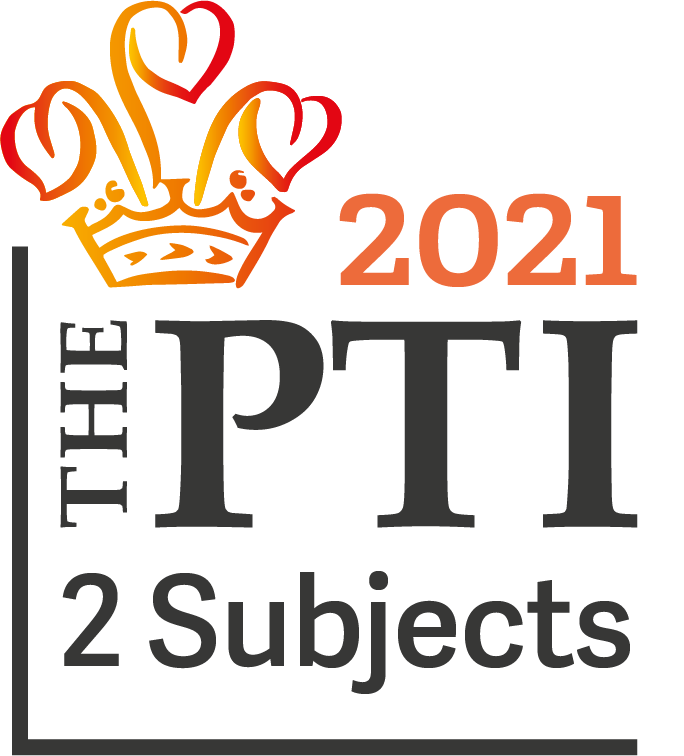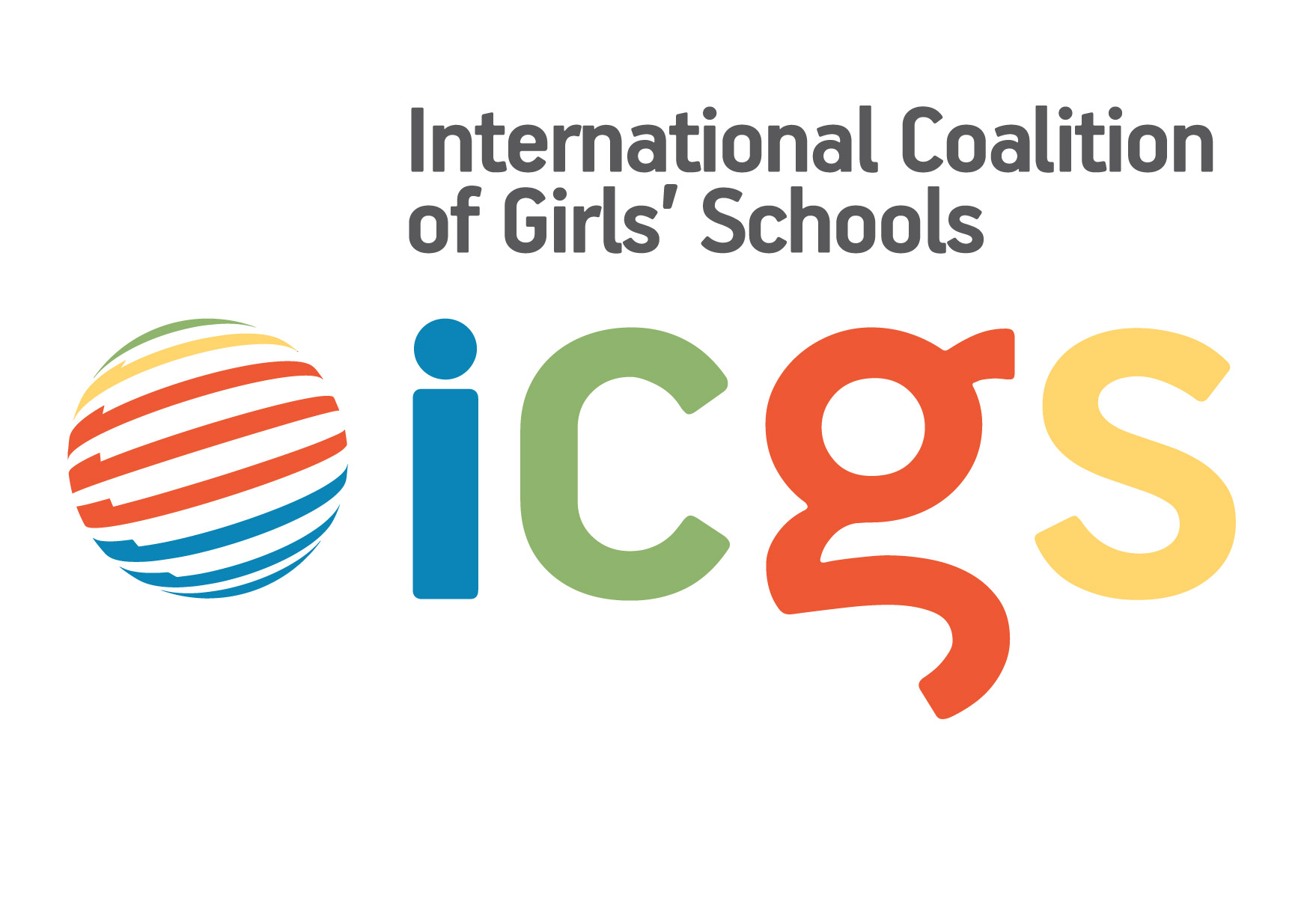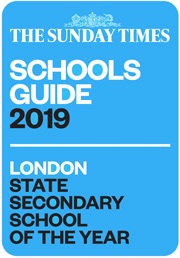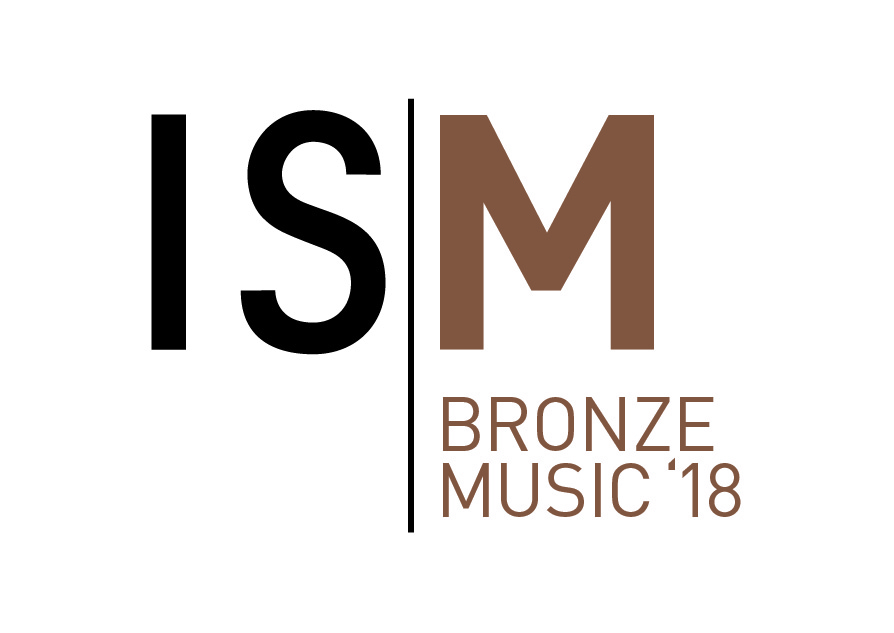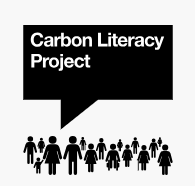‘History is the Politics of the past and Politics is the History of the present’
Andrew Heywood
The aims of the Politics Department
- To promote an interest in contemporary political issues
- To enable students to interpret events shaping the world around them
- To give students the confidence to develop and defend opinions
- To give students the skills to think critically about arguments presented in a range of newspapers, journals and books. The Politics Department is equipped with an extensive range of books on international relations and we aim to encourage students to undertake independent research wherever possible
- To inspire a passion for the subject which will lead pupils to want to study it beyond secondary school
What we study – Edexcel Politics
In year twelve pupils will focus on the British political system. Unit 1 gives students the opportunity to explore how citizens shape political debates through their involvement in political parties, pressure groups and elections. Unit 2 focuses on the operation of the political system by investigating the workings of institutions such as Parliament and the role of the Prime Minister. The main objective of this course is to encourage students to make judgements about the health of democracy in Britain.
In year thirteen pupils get an exciting opportunity to undertake a study of international relations. This will introduce them to some of the key issues shaping global politics in the 21st century. They will explore concepts such as sovereignty, power and global governance, debate the rights and wrongs of humanitarian intervention and get to grips with ongoing conflicts such as that between the Palestinians and Israel.
Finally, we study the political ideas that shape the world in which we live. There are compulsory units on Liberalism, Socialism and Conservatism. Girls also study Anarchism and Nationalism.
Why study Politics?
You will want answers to the following questions
- How powerful is Parliament compared to the Executive?
- Is our constitution in need of reform?
- How healthy is democracy in Britain?
- What are the key ideological divisions in British and society and the world at large?
- Should Iran be allowed to develop nuclear weapons?
- Can the Arab/Israeli conflict ever be solved?
- Do we have a responsibility to prevent serious human rights abuses in places like Sudan?
- Is America a force for good in the world or a rogue state?
- Should we torture to save lives?
What sort of person will you be?
- You will be intellectually curious especially about the world around you and how power operates in it.
- You will be interested in debating issues (see the page below)
- You will be excited by new ideas.
- You will be willing to listen to and learn from other students.
- You will want to have your ideas challenged?
What sort of person will you become?
- You will be able to defend your opinions and develop arguments which you can support.
- You will be an independent learner ready for university.
- You will have a much better understanding of the world around you.
- You will be able to discuss controversial topics in a mature and reflective way.
- You will be able to communicate effectively in both written and oral form.
International Relations at Woodford
Can you work out which countries are mentioned below?
- Can you see yourself discussing these issues?

- Country B is a small democratic country in a region inhabited by a range of non-democratic countries. It is a relatively new country and its status within the region has been controversial. It is still not fully recognised as a legitimate state by a number of its neighbours and it continues to be involved in a civil war with one other group of peoples who claim rights to the same land. It has been the subject of a number of ‘terrorist’ campaigns in recent decades. In order to guarantee its security Country A has built a security fence around part of its borders to prevent ‘terrorists’ from entering the country. This fence has been built on land claimed by the other inhabitants of the regions. In places it has cut families off from one another, destroyed people’s homes and prevented people getting to work. This country has repeatedly ignored claims from the international community to stop building the wall. Should you give your support to country A in its fight to uphold its security or defend the rights of those whose lives have been disrupted by the building of the wall?
- Country D was previously a Belgian colony. It gained its independence in 1962 and has two main ethnic groups who have continuously vied for power within the country. In the early the 1990s a civil war which had started between the two groups descended into genocide and between April and June of 1994 over 800,000 members of one of the main ethnic groups were killed by militia representing the other main group. At the height of this genocide the killing rate was five times that of the Nazi death camps. Country D is a large country with difficult terrain. What sort of action should the international community take? Should you advocate intervention to prevent this sort of serious human rights abuse?
- Country E is a democratic regime and major superpower in the international arena. It has been involved in a global struggle against what it regards as a new and dangerous form of terrorism. This struggle has involved it invading two countries. The invasion of one of these countries was especially controversial despite the fact that it removed a brutal dictator and helped introduce democratic institutions. Country E was accused of ignoring international law and undermining important IGOs. In addition to this country E has also been accused of serious human rights abuses in its conduct of the war. In particular it has been involved in the use of torture, rendition and illegal detention. Its defence has always been that it is defending itself and other countries against an enemy which does not respect human rights. Country E has also argued that international law as it exists is out-of-date in the struggle against terrorism. Should you support country E or try and develop an alternative strategy to deal with terrorism? If Country E offered you important intelligence about terrorist groups operating in your country obtained by the use of torture would you accept it?
- Country C is an oil rich country in a very important region. It is not a fully democratic regime and has a controversial human rights record. It has aspirations to become a regional superpower and has gained greatly from regional instability in recent years. It has considerable influence across this important region and could be a key player on guaranteeing stability in several hotspots. The international community has accused it of developing an illegal nuclear weapons programme and breaking international law. It is also regarded as a major supporter of terrorism within the region. The country’s elected leader has been outspoken in his criticism of Country B and has threatened to destroy it. In recent years Country C has been the subject of a severe sanctions programme and been accused of being part of an axis of evil supporting terrorism. It has also been threatened with invasion. As the result of its status as a kind of rogue state its economy has suffered greatly in recent years. Despite its problems there are indications that it wants to have some dialogue with the international community. In recent months this country has undergone presidential elections. The results of these elections were contested as there were accusations of vote rigging. What is the best way to deal with country C?
What do Politics graduates do?
Politics graduates tend to find career options in a variety of different fields: government, business, journalism, politics, research and finance. They are increasingly to be found in NGOs such as Amnesty International or IGOs such as the EU and the UN. Here are some degrees you could consider: Politics, Philosophy and Economics (PPE), International Relations with French, History and Politics, Politics and French.
Enrichment
The Politics Department believes that it is important for students to explore the subject outside the classroom. To this end we arrange annual visits to the House of Commons, go for a walk in the footsteps of Karl Marx and attend talks and conferences. Politics students will also be encouraged to get involved in debating competitions such as the Model United Nations and the European Youth Parliament.

Recommended Reading
Recommended reading is contained within the Word document attached below.















